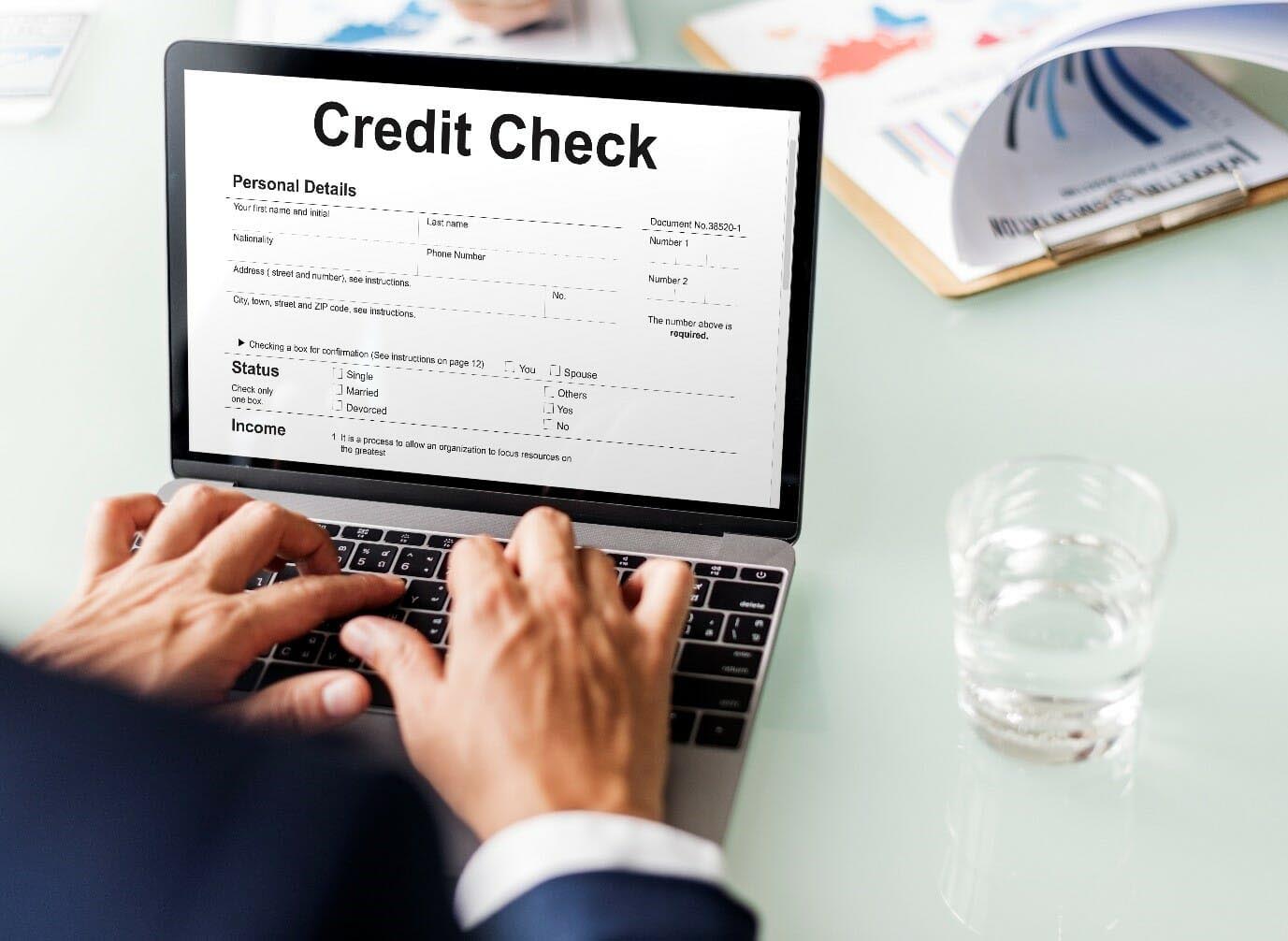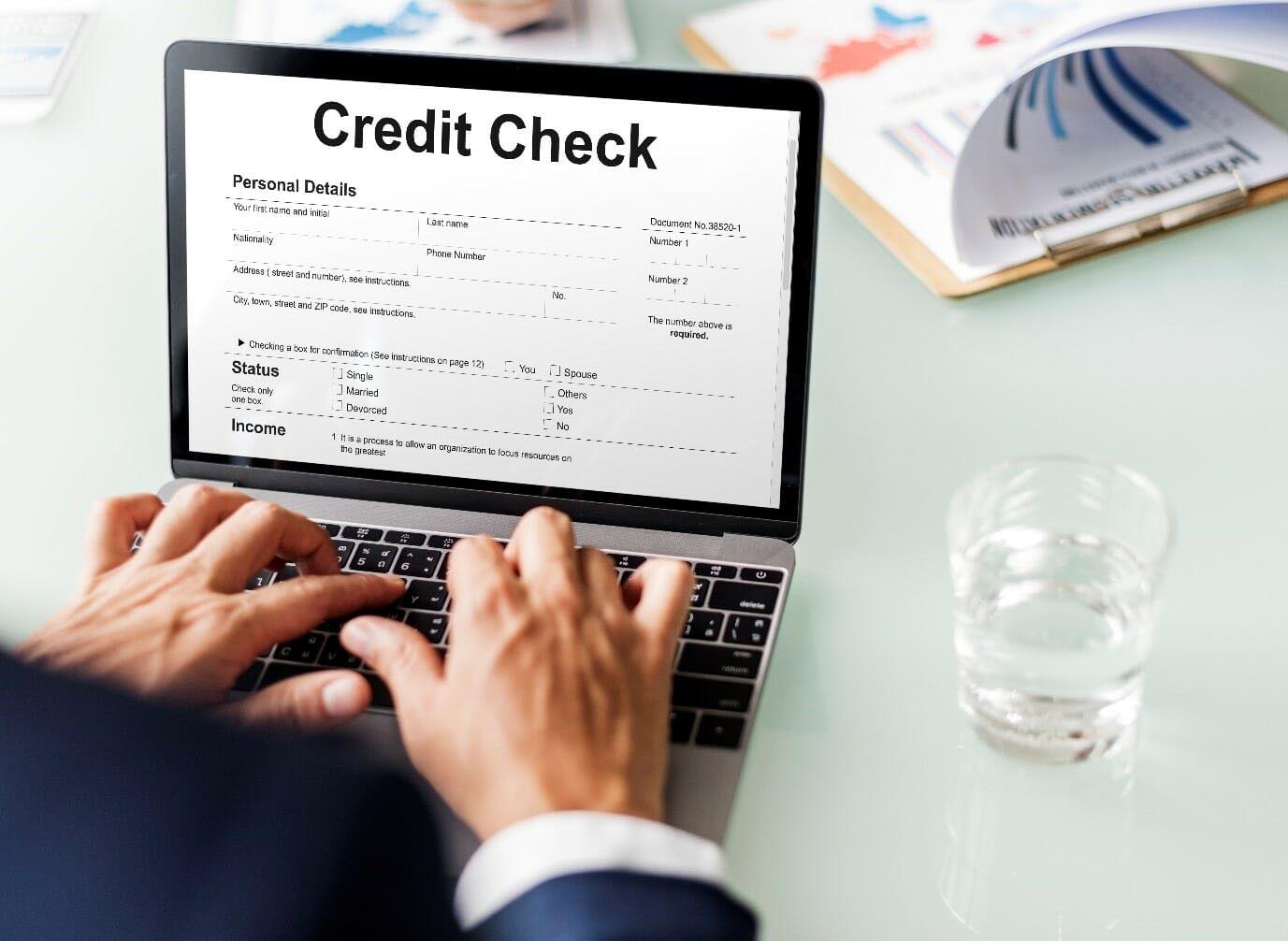Getting out of debt should be the number one priority for anyone who wants to start thinking seriously about money management and achieving financial freedom. But in order to do that, you first need to focus on improving your credit score. This is the true ground zero then for anyone that wants to start saving money and living a more luxurious lifestyle.
If you have been struggling with a low credit score, then you might find that it not only causes you a lot of stress, but also has a huge knock-on effect that impacts your ability to save money and pay off debt.

With a bad credit score, you won’t be able to get a loan at a reasonable rate. This, can make everything from getting a home, to driving a car, much more difficult. And seeing as these expenses aren’t avoidable, it ultimately leads to spiraling debt and a seemingly inescapable situation.
So before you can do anything else to improve your financial situation, you first need to fix your credit score. Let’s take a look at everything you need to know, and how precisely you can go about doing that.
What is a Credit Score?
First, it can be helpful to understand what a credit score is and how it works in order to become better at manipulating them and fixing your financial situation.
Basically then, a credit score is a mark against your name that is used by lenders and other companies in order to identify how reliable you are at paying back loans and honoring your commitments. Lenders need to be able to rely on their customers to pay the money back in order to make profit and thus they need to be discriminating when choosing who to lend to. If you fail to pay off a loan you’ve been given then, they will often respond by putting a mark against your name so that future lenders know to be wary.
This way, those companies work together in order to ‘blacklist’ people who they deem unable to pay back the money they borrow. If you are one of those people, it makes it very hard for you to then get the loans you need. If you can get a loan, then the interest will be high because the companies will need to cover themselves against things potentially going wrong.
What is the Highest Credit Score?
As it happens, there is actually more than one type of credit score system. You know, in case it wasn’t confusing enough already!
The good news though is that most lenders will use the same one: that being your FICO score (Fair Isaac Corp). FICO scores can be anywhere from 300 to 850 and it’s considered that the higher the number, the better your credit score.
So right away this might give you a good indication as to what a good score might look like.
To break it down further though:
- Bad credit is considered to be anything between 300-626
- Average credit is between 630-689
- Good credit is 690-719
- And ‘excellent’ credit is 720
The highest credit score you can possibly get is 8501. This then means that you’ve demonstrated to all previous banks and lenders that you’re able to always pay your debts on time, that you have lots of money saved up, that you’re financial stable and that you’re generally a very good customer.
What does this mean from your perspective? Essentially, it means that people will be keen to give you loans, happy for you to set up standing orders and generally trusting of you when you make any type of financial commitment.
But it’s not just that you’ll find it easier to get loans. At the same time, you’ll also find it easier to get those loans for a good price. Because you represent less of a risk, banks will be able to charge you less for using their services which means you will pay less in total when you pay the loan back.
Additionally, you should find that you can pay your loan off more flexibly. The bank will be happy for you to commit to pay it off fast or to pay it slowly over a long time.
And ironically of course, having a high credit means that you’ll be able to make it even higher in future. Why? Because with lower interest rates and more convenient repayment structures you’ll be less likely to get into more financial trouble.
There’s one more important reason to gun for great credit too – and that’s that it’s indicative of someone who has been generally smart and sensible with their money. If you have good credit, it means you aren’t taking risks and this means you’re less likely to end up in trouble.
How to Get There
So having the top credit score is a great position to be in. The question is: how do you get there?
Tip 1: Pay Off Your Debt
The most important thing you can do, is to pay off all your outstanding debt so that you don’t owe anyone anything. This will win you points for completing contracts and the signal you’ll be sending is that you are capable of paying off loans you are given.
This is especially true for any outstanding debts or any missed payments. If you have a lot of credit card debt for instance that should have been paid off a long time ago, you should pay it off as soon as possible to avoid being further penalized for late payments.
Of course it’s not always as easily done as said but what you should do is to prioritize the repayment of debts and loans that are the most pressing. Anything that is causing you to lose sleep at night is probably also hurting your credit score. That goes first.
Tip 2: Be Reliable
For all future debts and payments likewise, make sure that you pay regularly, on-time and reliably. Your objective is to never miss a beat, so if you often are, try budgeting better and being stricter with your outgoings. The same goes for mobile phone payments and even checks. A bounced check can actually do damage to your credit rating too.
Tip 3: Take Out a Credit Card or Loan
But what if you don’t have any debts to pay off?
Understanding how credit scores work, it follows that you need to take out loans in order to repair your credit history. This might seem counter-intuitive but the idea is to prove that you can pay back loans now. Taking out loans and paying them promptly and efficiently simply proves this to the financial institutions.
One way to do this is to take out a credit card and to use it only for small payments. A common choice is to use a credit card only to pay for gasoline. From there, you then simply make sure that you always pay off the credit card at the end of the month without missing a payment and that way you can be sure that you’ll be gradually improving your rating again.
When doing this, you should also try to avoid spending more than 25% of your available limit. This way you’ll demonstrate ‘low utilization’ and this is something that credit card companies consider to be a sign that you are ‘low risk’.
Tip 4: Check Your Credit Score
Another tip is to check your credit score regularly. This is a good idea because it lets you know whether there are any problems or red flags. Make sure you are careful though because in some cases you’ll find that just checking your credit score can affect it. Choose the right service to do this with.
Tip 5: Remove Links
What kind of ‘red flags’ can crop up when checking a credit score though? One example is that you might find you’re still linked to someone from your past. This could be an ex-spouse for instance, someone you held a joint account with, or someone you just lived with. In these scenarios, your finances and credit scores will be intertwined to the point where if that person has a bad credit score, it will affect yours as well.
Fortunately, you can fix this problem by filling out a ‘disassociation form’ which will help you to remove that connection. Of course an association with someone with a very healthy credit score can actually be a good thing!
Tip 6: Close Accounts You Aren’t Using
Credit companies don’t just look at how much you owe – they also look at the funds and credit ‘available to you’. So if you have a credit card that you aren’t using, then another credit card company might be less likely to want to lend you money. Remove this restriction by closing any unwanted accounts and generally keeping your finances in order.
Tip 7: Update Your Information
Updating your information is also an important step to repairing your credit score and strengthening it. Particularly useful is to register to vote at your current address. Doing this will allow credit companies to more easily protect themselves against fraud and this can help you to get loans with less hassle.
Tip 8: Space Out Your Requests
Asking for lots of loans in a single year is more damaging than asking for the same number of loans across several years. Plan ahead and try to space out your requests as much as possible to improve your chances of getting a positive response.
Follow these tips and you should be well on your way to improving your credit score once and for all!
So now you know how to improve your credit score and to get on the path to being financially healthy. While it might seem like a lot of work and a long way away, the truth is that the destination more than makes up for the journey. Good luck!
